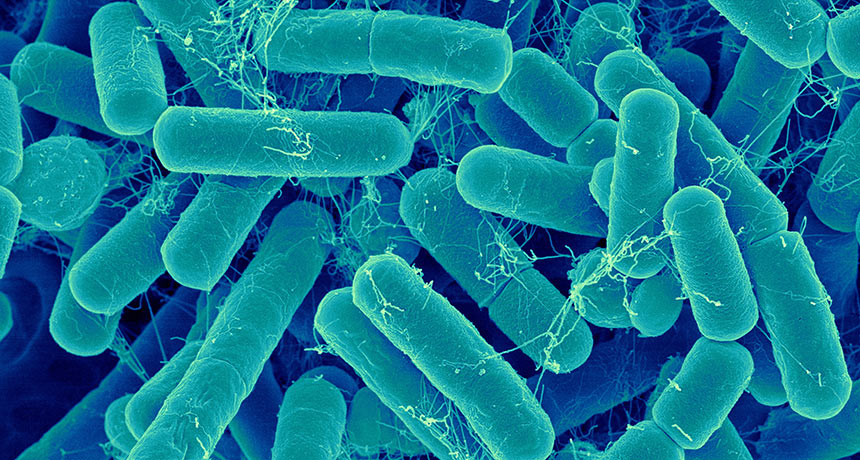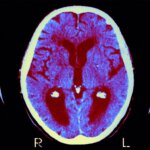Microbes in the gut may play a major role in certain symptoms of neurological disorders, new research has found.
Researchers at Baylor College of Medicine released the findings in the peer-reviewed journal Cell.
For the study, the Baylor research team used mouse models to further examine neurodevelopmental disorders.
“It’s very difficult to study these complex interactions in humans, so in this study, we worked with a mouse model for neurodevelopmental disorders in which the animals lacked both copies of the Cntnap2 gene (Cntnap2-/- mice),” according to one co-author of the study.
“These mice presented with social deficits and hyperactivity, similar to those observed in autism spectrum disorders (ASD). In addition, these mice, like many people with ASD, also had changes in the bacteria that make up their microbiome compared to the mice without the genetic change.”
Experimentations demonstrated improved social behavior when modulating the gut microbiome, researchers stated. Its effect on symptoms of neurodevelopmental conditions is worth future research.
“Our work strengthens an emerging concept of a new frontier for the development of safe and effective therapeutics that target the gut microbiome with selective probiotic strains of bacteria or bacteria-inspired pharmaceuticals,” one co-author wrote in a press release.
“This research represents [sic] important step forward in the field as many disorders, especially those affecting the brain, remain very difficult to treat.”


